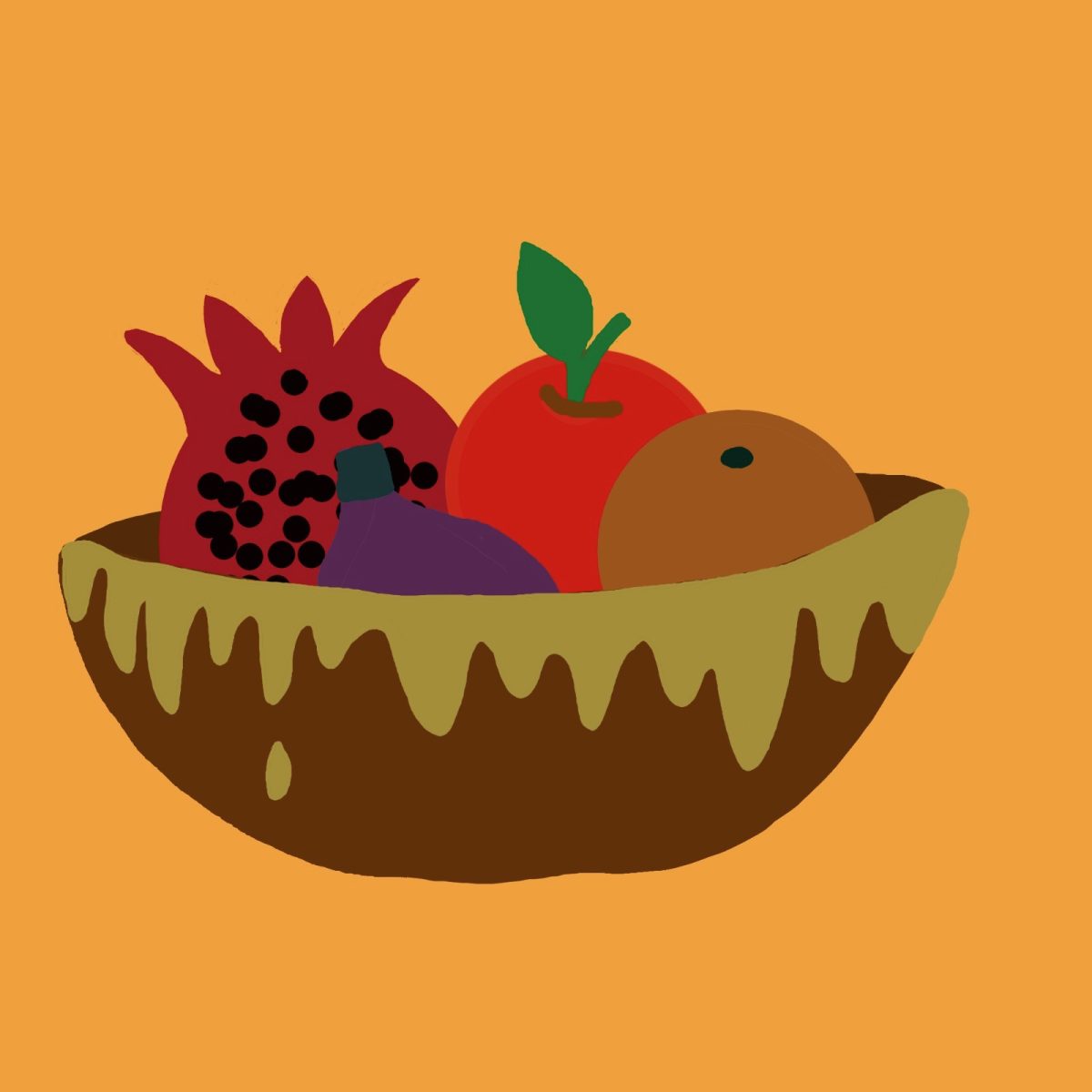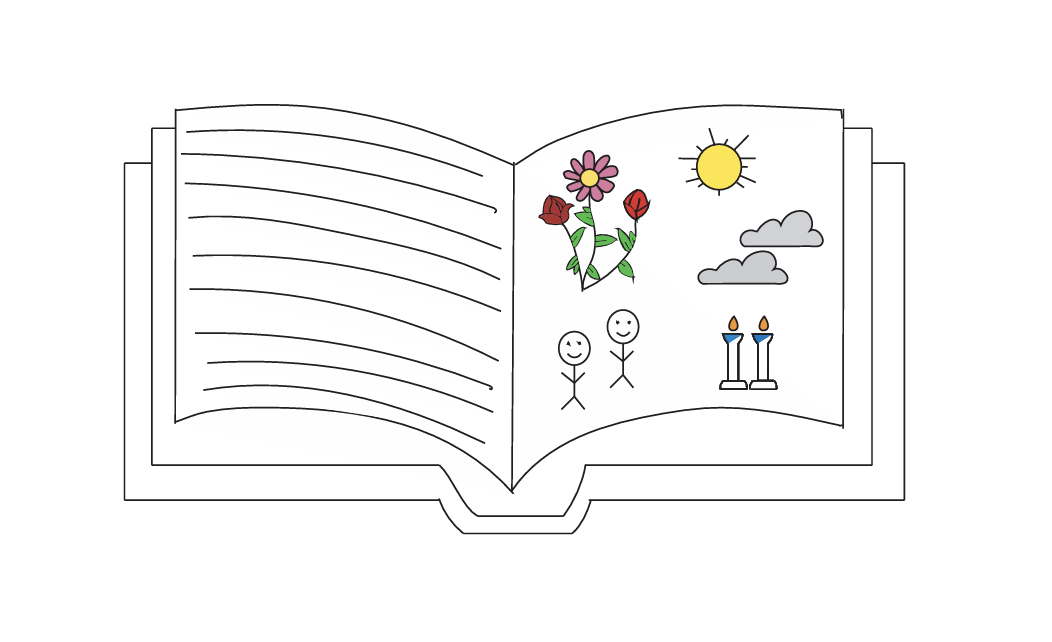“A life lived without forgiveness is a prison,” said William Arthur Ward, an American motivational writer.
That’s pretty deep – let’s lighten the mood a bit.
I really dislike fruit. I mean I just despise it. When I was a baby I liked fruit, but since then fruit and I have never really clicked.
I couldn’t tell you the last time I ate an apple, or a banana, or a berry or any type of fruit for that matter. I mean just writing down these fruits right now is really grossing me out.
But why am I talking about fruit?
Well, here we are at Rosh Hashanah.
On the second night of Rosh Hashanah, there is a custom to eat a “new” fruit, meaning a fruit you haven’t eaten in a while.
We perform this custom because of a machloket (debate) pertaining to the two days of Rosh Hashanah. There is an unresolved question in halacha: do we look at the two days of Rosh Hashanah as two separate chagim (holidays), or it is just considered one chag?
This machloket arises because on the second night of Rosh Hashanah, after lighting the yom-tov candles and making kiddush, we are supposed to say the Shehecheyanu.
The Shehecheyanu is a bracha we say when doing something we have not done before. By saying the Shehecheyanu, we are showing our gratitude towards Hashem for being able to do this new act.
Why would we say the Shehechiyanu on the second night of a holiday we have been celebrating since the night before? Maybe it’s not necessary, and we try not to say unnecessary brachot.
Thus we add the “new” fruit in mind while saying the Shehechiyanu, because its newness would be a sufficient reason for the bracha.
The custom of the “new” fruit on the second night of Rosh Hashanah reminded me of something I try to practice every year once Rosh Hashanah starts and before Yom Kippur. Asking for forgiveness.
I recently read a story on Quora.com about a woman named Jennifer Forrester. She had wronged a man 18 years prior. This regret was “heavy on my [her] soul.”
She wrote the man an apology letter asking for forgiveness. She was surprised that he had received the letter and she was even more surprised that he had forgiven her.
This man and woman are now happily married.
This is just one example of how important it is to ask for forgiveness.
Rabbi Sacks once said, “Every act of forgiveness mends something broken in this fractured world. It is a step, however small, in the long, hard journey to redemption.”
You’re probably thinking, what does this have to do with the “new” fruit on Rosh Hashanah?
Remember, new, as in new fruit, does not actually mean new. It means something we have not eaten in a while.
Just as you will try to eat a fruit you haven’t eaten in a while, starting this Rosh Hashanah, before Yom Kippur, try to ask for forgiveness from someone you haven’t spoken to in a while who you know you have hurt.
Like William Arthur Ward said, free yourself from that prison!
And who knows, maybe I’ll free myself from the anti-fruit prison. After all, what did fruit ever do to me?







